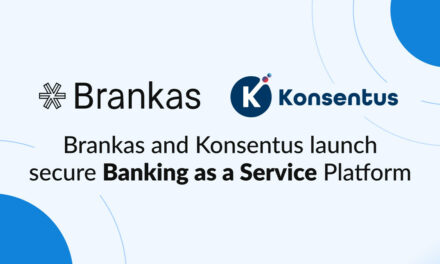Next Credit becomes latest alternative lender to enter liquidation
Short-term lender Next Credit has entered liquidation, after a prolonged period of dealing with redress claims, defaults and more recently its shareholder pulling funding. Next Credit was incorporated in 2011 with the aim of providing high-cost short-term credit to individuals.
In 2017, the business model was realigned, with a revised focus on an alternative consumer lending market. However, the company was under considerable strain because of a large number of customer defaults. Next Credit ceased new lending in September 2018 and following a notification issued by the Financial Conduct Authority (FCA), reviewed past lending practices to determine whether any customers were due any redress, due to unaffordable lending (including repeat lending). There could still be around 9,000 Next Credit customers who may have a claim against the company.
The company has been gradually winding down its operations since the end of 2018, having been unsuccessful in selling its distressed loan book. During the winding down process, the company’s shareholder provided significant financial support but was unable to continue.
In December 2019, BM Advisory was appointed to review the company’s financial position and its options. While initially it was advised that a company voluntary arrangement (CVA) would be the best scenario for creditors, it emerged during talks that extra conditions would be required, meaning a CVA was no longer viable. It was then decided that Next Credit would have to be placed into liquidation.
On March 5 2020, BM Advisory was instructed by the company to help the directors place the business into a creditors’ voluntary liquidation (CVL). Mike Solomons and Richard Keley of BM Advisory, the restructuring, recovery and insolvency firm, were appointed joint liquidators on April 28.
The redress claims still in motion comprise of customers who have either received an offer of redress but had not yet claimed; those who previously accepted an offer which the company had not yet settled; or customers who made payments of interest and charges over the original amount they borrowed and have not yet received a refund.
Source: Creditstrategy.co.uk


























